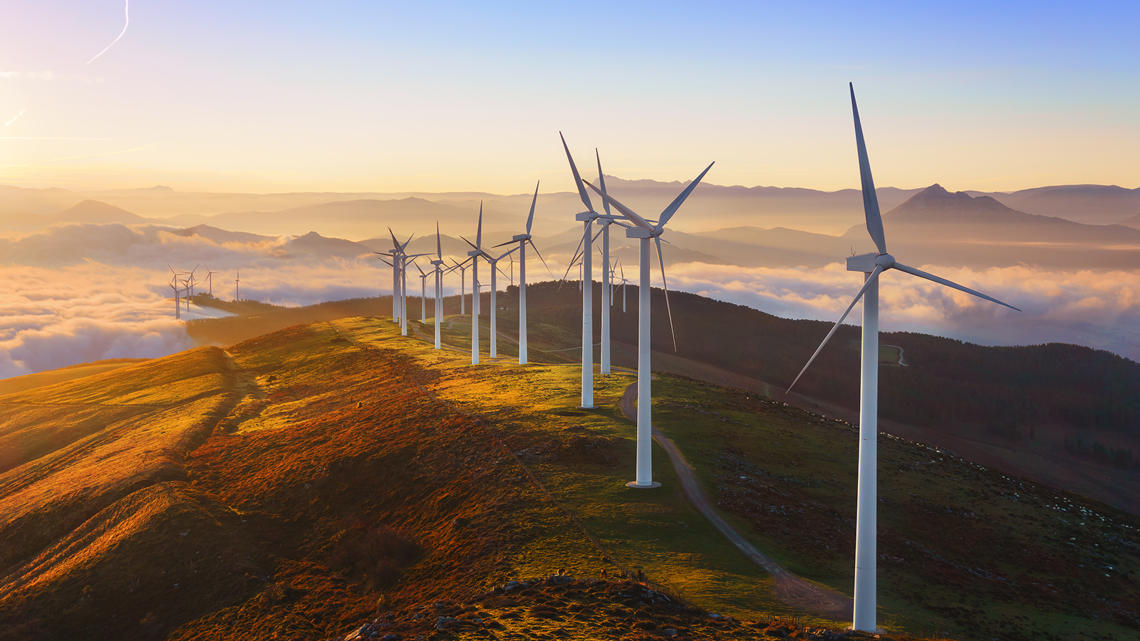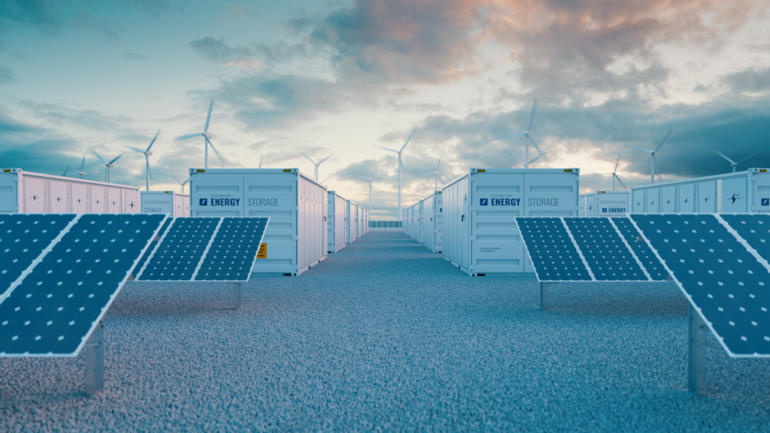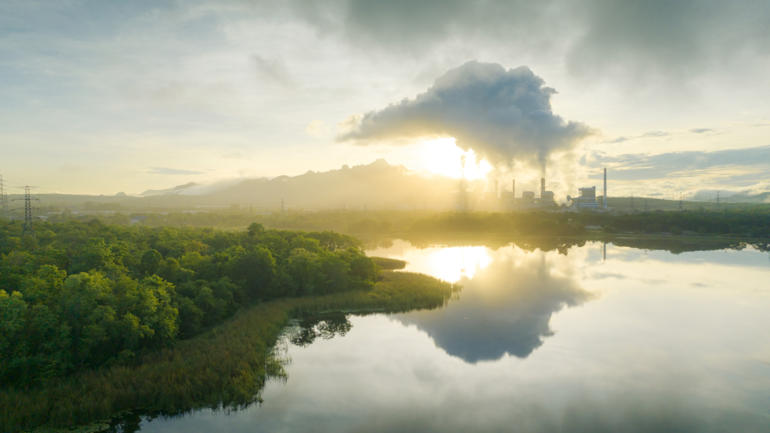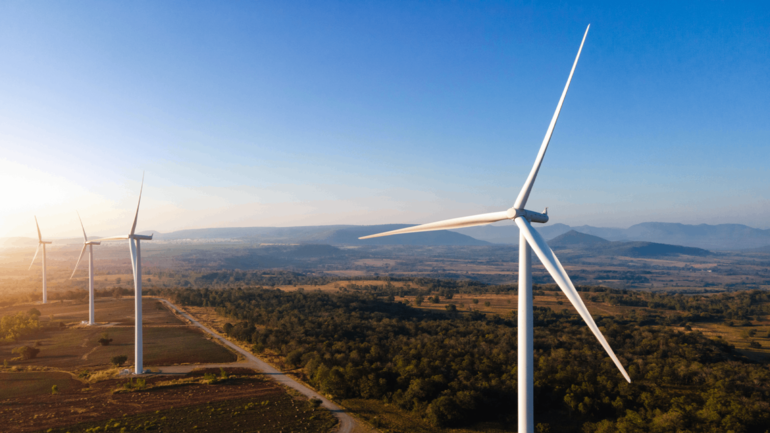UNFCCC COP22, Marrakech, 17 November 2016: With the Paris Agreement now in force and formally adopted by 110 countries, the momentum demonstrated by both business and government at COP-22 shows that the inevitable transition to the low-carbon economy is what will define future competitiveness.
During COP-22 in Marrakech, the High-Level Climate Champions introduced the Global Climate Action Agenda in which cities, regions, businesses and investors can present their climate solutions and enter into direct dialogue with policy-makers on how to accelerate and scale up the transition to the low-carbon economy.
As part of this Global Climate Action Agenda, the Low Emissions Solutions Conference brought together more than 150 companies to discuss climate solutions in mobility, ICT, transport, electricity grids, cities and climate smart agriculture. The conference also held dialogues with Ministers representing Mission Innovation and the Clean Energy Ministerial, offering further platforms to expand collaborative action. The Business & Industry day also demonstrated strong ambition and demonstrable climate action by companies around the world. Almost one year after Paris we can report important achievements. 196 companies are setting science based targets; 83 companies have agreed on a pathway to 100% renewables through RE100, and more than 165 companies have been part of the 8 solutions under the Low Carbon Technology Partnership initiative.
These innovations in the COP process clearly demonstrate how the climate discussion is moving into the phase of implementing solutions. The dialogue with governments remains of critical importance to discuss policies that will enable the investments needed to deliver the 2050 pathways to the low-carbon economy from the private sector. Business is the key implementation partner for governments around the world as they seek to achieve their NDC targets.
Business action on climate will make positive impacts on the Sustainable Development Goals, by creating jobs and prosperity, by improving the quality of life in cities and by increasing resilience to climate change. It will build the competitive economies of the future.
Now more than ever, governments and business around the world must work together to seize this opportunity to scale up the implementation of the Paris Agreement and accelerate the transition to the low-carbon economy.








